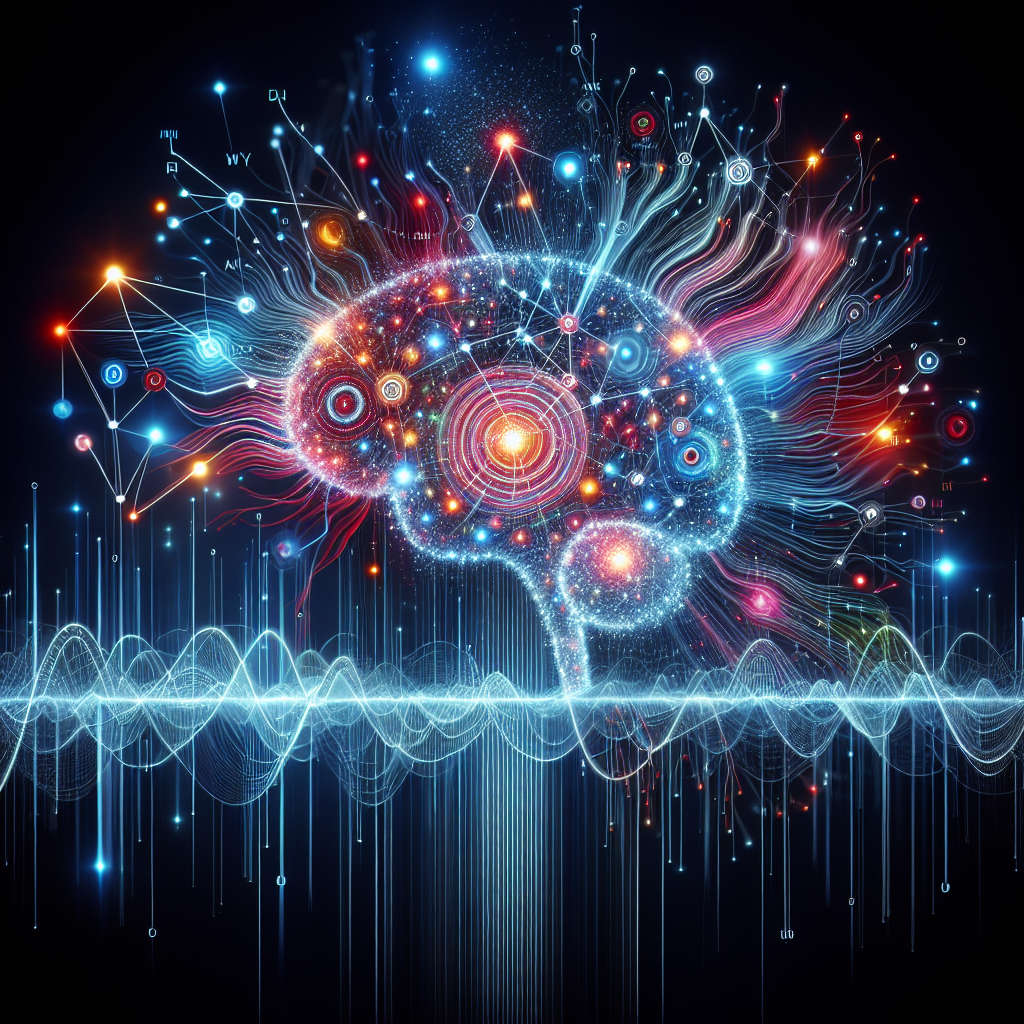Artificial intelligence (AI) has been making significant advancements in various fields, including healthcare. One area where AI has shown promise is in the field of mental health. AI technologies have the potential to revolutionize the way mental health disorders are diagnosed, treated, and managed. However, along with the benefits, there are also risks that need to be considered when it comes to using AI in mental health.
One of the main risks associated with using AI in mental health is the potential for misdiagnosis or inaccurate assessment. AI algorithms rely on data to make decisions, and if the data used to train these algorithms is biased or incomplete, it can lead to incorrect conclusions. For example, if the algorithm is trained on a dataset that is primarily made up of patients from a certain demographic group, it may not be able to accurately assess patients from other groups.
Another risk is the potential for AI to replace human interaction in mental health treatment. While AI can be a valuable tool for assisting healthcare providers in diagnosing and treating mental health disorders, it should not be used as a substitute for human connection. Many patients benefit from the empathy and understanding that can only be provided by a human therapist or counselor.
Privacy and security concerns are also important considerations when it comes to using AI in mental health. The data collected by AI algorithms, such as personal health information and behavioral data, must be protected to ensure patient confidentiality. There is also the risk of data breaches or misuse of this information, which could have serious consequences for patients.
Furthermore, there is a risk of over-reliance on AI in mental health treatment. While AI can provide valuable insights and assistance, it should not be the sole determinant of treatment decisions. Healthcare providers must use their clinical judgment and expertise to make informed decisions about patient care, taking into account the unique needs and circumstances of each individual.
In addition to these risks, there are also ethical considerations that need to be addressed when using AI in mental health. For example, there is a concern about the potential for AI to perpetuate or even exacerbate existing biases and inequalities in healthcare. If AI algorithms are not carefully designed and monitored, they could inadvertently discriminate against certain groups or perpetuate harmful stereotypes.
Despite these risks and challenges, AI has the potential to greatly improve mental health care. AI technologies can help healthcare providers to identify patterns and trends in patient data that may not be immediately apparent, leading to more accurate diagnoses and personalized treatment plans. AI can also help to improve access to mental health care by providing support and resources to patients who may not have easy access to traditional mental health services.
As the use of AI in mental health continues to grow, it is important for healthcare providers, researchers, and policymakers to work together to address the risks and challenges associated with this technology. By ensuring that AI is used ethically and responsibly, we can harness its potential to improve mental health care and support the well-being of individuals around the world.
FAQs:
Q: How is AI currently being used in mental health?
A: AI is being used in mental health in various ways, such as for diagnosing mental health disorders, predicting treatment outcomes, and providing support and resources to patients. AI technologies, such as machine learning algorithms, can analyze large amounts of data to identify patterns and trends that may not be immediately apparent to healthcare providers.
Q: What are the benefits of using AI in mental health?
A: The benefits of using AI in mental health include more accurate diagnoses, personalized treatment plans, improved access to care, and support for patients. AI technologies can help to streamline the diagnostic process, identify treatment options that are most likely to be effective, and provide resources and support to patients in real-time.
Q: What are the risks of using AI in mental health?
A: The risks of using AI in mental health include potential misdiagnosis or inaccurate assessment, over-reliance on AI in treatment decisions, privacy and security concerns, and ethical considerations. It is important for healthcare providers and policymakers to address these risks and challenges to ensure that AI is used ethically and responsibly.
Q: How can AI be used responsibly in mental health?
A: AI can be used responsibly in mental health by ensuring that algorithms are trained on diverse and unbiased datasets, using AI as a tool to support rather than replace human interaction, protecting patient privacy and data security, and addressing ethical considerations such as biases and inequalities in healthcare. By taking these steps, AI can be harnessed to improve mental health care and support the well-being of individuals.

